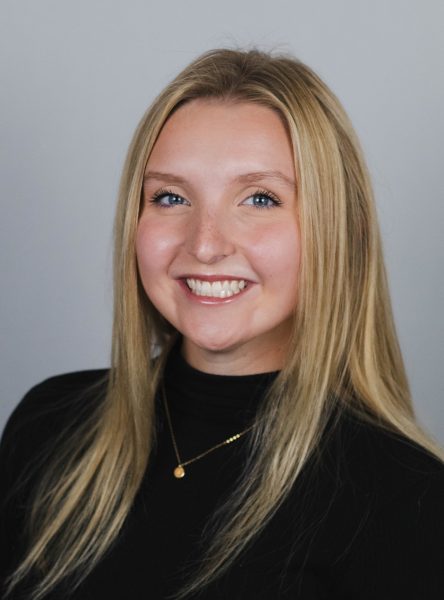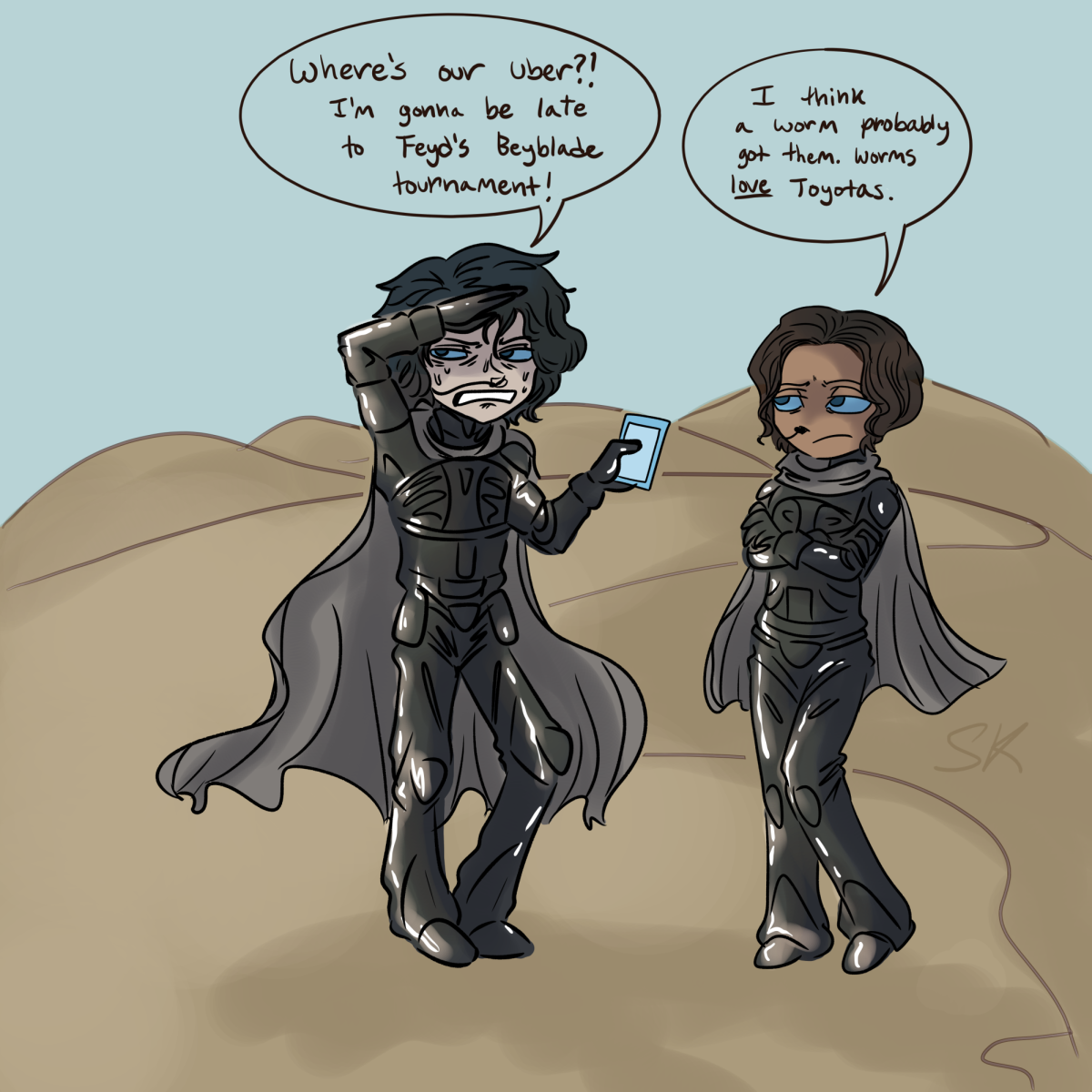Plato once famously said, “There will be no end to the troubles of states, or of humanity itself, till philosophers become kings in this world.” This quote isn’t meant to be interpreted literally.
It only means that, until knowledge and political control become truly united, humanity cannot solve its ever changing problems.
A few friends of mine convinced me to watch a movie titled “Zeitgeist: Moving Forward” over the weekend. This movie embarks on trying to show how Plato’s quote can become a reality for the world this century. Even if one disagrees with the movie’s premises or conclusions based on personal ideologies or utopian vision it sets forth, I believe it creates a possible alternative to the path our world is on, or at the very least, presents a scathing critique of what our society has ultimately become: a society based on money. If we don’t change how our society thinks and functions, like some of the ideas presented in “Zeitgeist” suggest, we can only be on a path towards our own destruction, unless we accept the truth that our resources are limited, and that something inside our society must change to save humanity.
The movie explores the ideas of Jacque Fresco, a man who formed the Venus Project. His project wants to do exactly what Plato’s quote suggests, uniting knowledge and political control. He claims that his ideas don’t and shouldn’t have a political label, but I think it loosely could be considered technocracy, meaning that experts in various fields make government decisions in their respective fields.
He believes that money is an obsolete creation. It is only a human invention that is simply not needed anymore. To prove his point, he uses a thought experiment with the “Great Depression.” When the stock market crashed in 1929, 25 percent of the U.S population became unemployed, people were starving, and people couldn’t find a way to survive. This all happened because of a lack of money to purchase the necessities of life. In reality, we had the natural resources to feed people, create consumer products and the like, through the processes of mass production. If we simply had applied our scientific and technical knowledge to these problems, we could provide the necessities of life to the people of the world.
This isn’t a crazy theory. If anything, one could say this was the argument of classical economists like Adam Smith, who reacted against the mercantilist policies of the period from roughly the 1500s-1700s. Smith argued that it is real factors that create wealth, not gold, silver, or any currency.
Today, we live in a world of mass production. It is possible to create too much of a product, just look at the amount of pollution, and garbage in waste dumps. Fresco argues that we must realize that earth has finite resources and then use computer inventory systems to map out how to use these resources efficiently, meaning that economic goods should be built to last as long as possible, anything that can be recycled should be recycled and goods should be designed to be updated so people don’t have to throw out an entire TV or computer when they could just insert a new computer chip to update it. Renewable energies would also make scarcity virtually non-existent.
Along with this, automated machines would run production of economic products. People wouldn’t be required to create products, machines would create products and automated machines could create machines that would create more machines that make all products, something that is certainly possible if money is not a barrier to this type of society.
If one can accept the premise that automated machines could create all physical products with the help of computers, including production of food, the rest of Fresco’s ideas follow easily. Humans would be free to pursue the needs that all humans require: recreation, education, human interaction, love and intellectual pursuit. Physical needs would be satisfied from surveys of peoples’ consumer demands, along with the help of automated production, computers and systems theory.
Political control would subject to the scientific process. Ideas in all scientific fields, anything that can be taught in a university, would be evaluated and re-evaluated, with the process never ending. Through this process, Plato’s idea of “philosopher-kings” would become a reality.
This film isn’t without my own criticisms. It assumes that the political process could get rid of central banks and traditional notions of government processes. It assumes that corruption wouldn’t exist within the departments who apply the “scientific method” on how to produce goods because the rigorous scientific process would eventually get rid of corruption. This may be too idealistic for people to accept.
But all great ideas have skeptics, just look at how Galileo’s scientific theories were criticized by the Catholic Church and the Pope. History shows us who was inherently correct.
This movie shows us that the ideas of Fresco and technocracy should not be taken lightly. If these ideas aren’t given a chance, we may be on an unstoppable course to our own destruction, and we can’t say we weren’t warned.
























